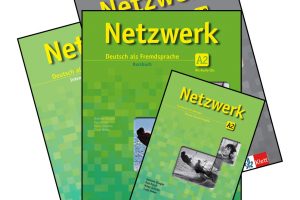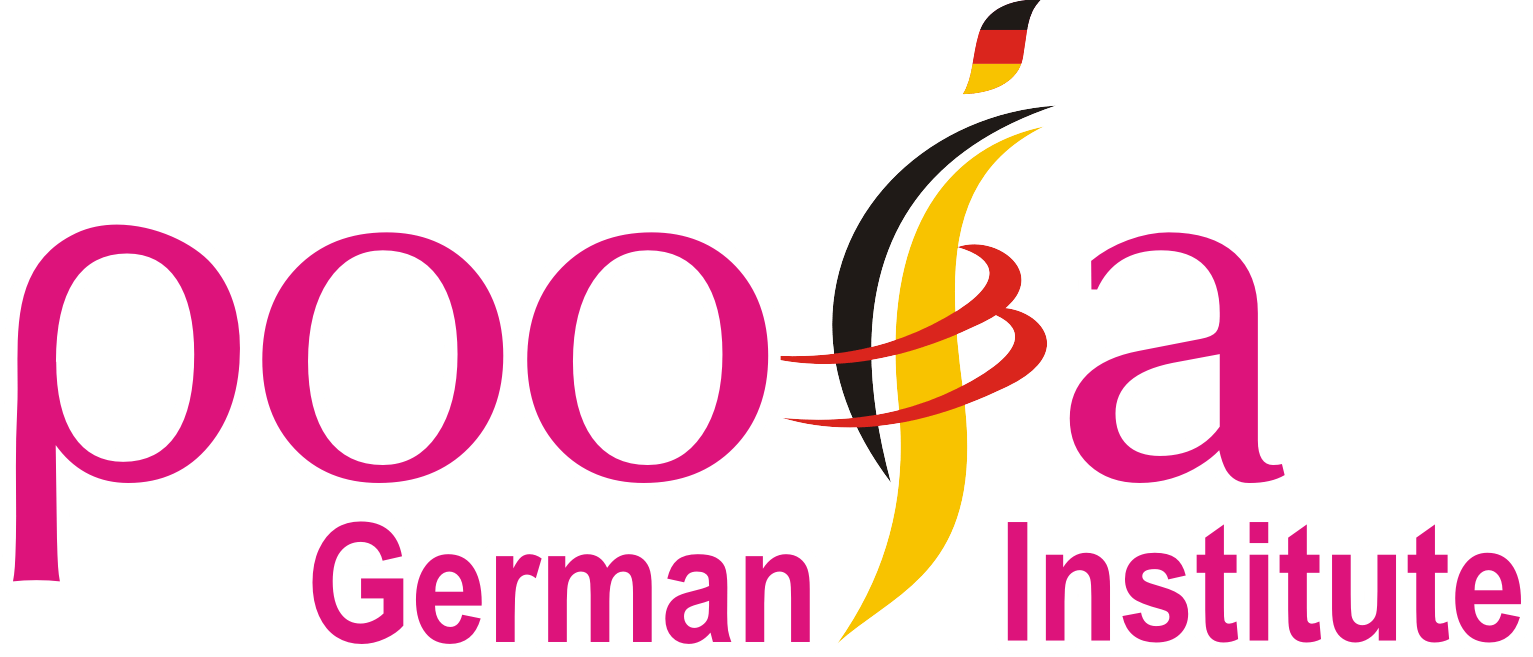
Intermediate Level – B1
Intermediate Level – B1
The Goethe-Zertifikat B1 examination is taken up by both adults and teenagers which confirms that candidates are capable of communicating in German language and are competent independent German language users. Their communication level equates to level B1 on the six-level Common European Framework of Reference for Languages measure of competence (CEFR).
Learning Outcomes
- Understand textbooks that are primarily composed of frequent every day or work- related language and while traveling in a region where the language is spoken.
- Understand the main points of clear standard speech on familiar subjects constantly encountered in work, academy, rest, etc.
- Handle the maturity of circumstances that are anticipated to crop while traveling in a region where the language is spoken and jump into exchanges unrehearsed on familiar, particular, or applicable subjects( similar as family, pursuits, work, trip, and current affairs)
- Write brief, coherent jottings on known or tête-à-tête applicable subjects, including letters reflecting gests and prints;
- Get by, with sufficient alphabet to express themselves with some vacillation and circumlocutions on motifs similar as family, pursuits and interests, work, trip, and current events;
- Demonstrate bettered confidence in the interpretation of textbooks in another language.
What is the use of taking a B1 exam?
German level B1 exam marks a significant milestone in your German learning process. By proving that you have language skills on this level, the German government may grant you the German citizenship one year earlier, which are 6 instead of 7 years. Many intensive German classes claim to help you reach B1 in six months with 3 hours of daily instruction plus 1.5 hours of homework. Unlike the A1 and the A2 exam, the level B1 exam marks a significant milestone in your German learning process. This assumes you are taking group classes in most German language schools in Berlin or other German cities.
Brief Content of B1
Lektion 1 |
Theme and Vocabulary : Urlaubsarten, Reiseangebote, Serviceangebote Grammatik: Infinitiv mit zu and Verb Lassen
|
Lektion 2 |
Theme and Vocabulary : Technik und technische Geraete , Werbung Grammatik : Nebensatz mit Obwohl , Genetiv, Praepositionen : wegen und trotz
|
Lektion 3 |
Theme and Vocabulary : Ereignesse im Leben, Glueck, Historiche Ereignesse Grammatik : Praeteritum , temporale Praepositionen: vor, nach, waehrend, Folgenden Ausdruecken: deshalb, darum, deswegen, so….dass, sodass
|
Lektion 4 |
Theme and Vocabulary : Arbeit und Arbeitssuche, Stellenanzeigen, Bewerbung Grammatik: Konjunktive II der Modalverben, Irreale Bedingungssaetze mit, Konjunktive II, PronominalAdverbien : daruef, darauf,…., Verben mit Praepostion und Nebensatz.
|
Lektion 5
|
Theme and Vocabulary: Umwelt und Umweltschutz, Papier: Geschichte und Verwendung, Wetter. Grammatik : Nebensatz mit da, Komparativ und Superlativ vor Substantive, N- declination, aus+Material.
|
Lektion 6 |
Theme and Vocabulary : Zukunftsprognosen, Stadtplanung Grammatik : Futur I, Relativesaetze : Relativpronomen im Dativ und mit Praeposition
|
Lektion 7 |
Theme and Vocabulary : Maenner, Frauen, Familie, Konflikte Grammatik : Plusquamperfekt, temporale Nebensaetze: bevor, nachdem, seit
|
Lektion 8 |
Theme and Vocabulary : Gesundheit, Krankenhaus, Musik, Schule Grammatik : Reflexivepronomen im Akkusative+Dative, nicht/kein/nur+ brauchen+zu
|
Lektion 9 |
Theme and Vocabulary : Kunst, Theater, Museum, Film Grammatik : Adjektivdeklination ohne Artikel, Stellung von nicht im Satz
|
Lektion 10 |
Theme and Vocabulary : Gesellschaftliche Werte, Europa, Politik Grammatik : Passiv Praesens, Praeteritum und Perfekt, Passiv mit Modalverben, Praeposition mit Genetiv : innerhalb, außerhalb.
|
Lektion 11 |
Theme and Vocabulary: Stadt und Verkehr. Grammatik : Artikelwoerter als Pronomen: einer, keiner, meiner, Adjektive als Substantive, Relativepronomen was und wo.
|
Lektion 12 |
Theme and Vocabulary : Bank und Geld, Globalisierung Grammatik : Saetze mit je…. desto, Partizip II als Adjekive, Partizip I als Adjektive
|
- This article was written by Madhumitha Pakutharivu for “Prestige Language Institute”
You may also like

Basic level A1

Pre intermediate level A2

